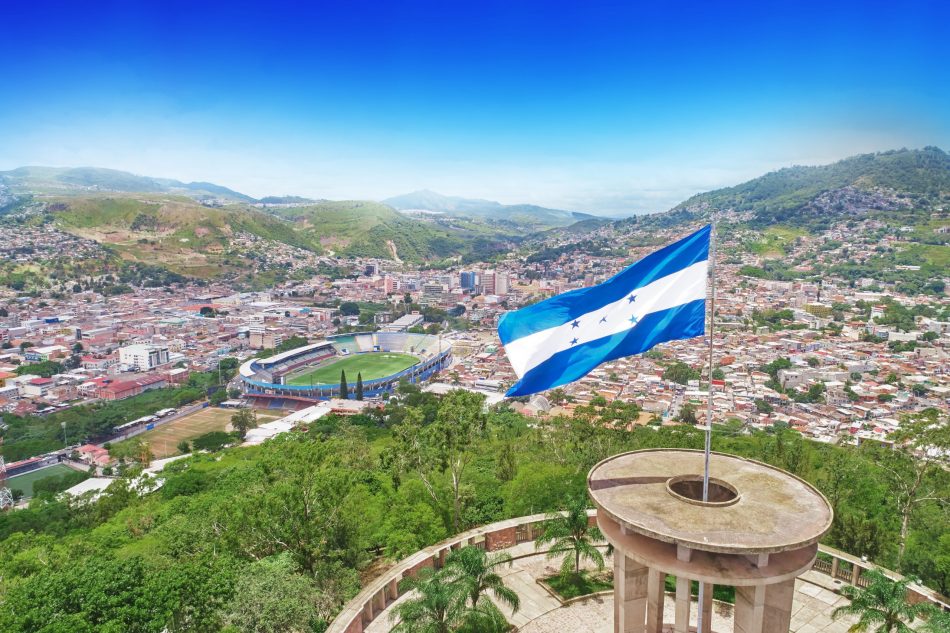What is open-pit mining?
Open-pit mining is one of the most common and also most harmful methods of extracting minerals from the Earth. Many countries and organizations are trying to do away with this practice because it involves enormous displacement of soil and causes a great deal of damage to ecosystems. Not only that, open-pit mining has been known to be harmful to the miners involved, and the chemicals used can present a danger to nearby water.
Thankfully, Honduras is taking a step in the right direction by no longer granting environmental permits for new open-pit mines.
“The approval of extractive exploitation permits is canceled for being harmful, threatening natural resources, public health and limiting access to water as a human right,” said the Ministry of Energy, Natural Resources, Environment and Mines said in a statement.
In addition to forbidding any future mines, the government of Honduras will take action to shut down existing open-pit operations in a process of “review, suspension and cancellation,” canceling deals and environmental permits already in place.
A growing movement against open-pit mining
Honduras will join El Salvador and Costa Rica in the ban as the Central American movement against open-pit mining grows. This comes amid a wave of change in Honduras after the election of President Xiomara Castro, who has assumed office after a previous eight-year administration that was rife with corruption.
“We applaud the initiative of this new administration, considering that we are coming out of a dictatorial government that for so many years passed laws unfavorable to Indigenous and rural communities and the environment in Honduras,” said Andrea Regina Pineda, an attorney with the Honduran Center for the Promotion of Community Development (CEHPRODEC).
In the areas where there are many mining concessions and development of mining operations, there are increased levels of conflict and criminality, so putting a stop to open-pit mining may have humanitarian benefits for Honduras as well.











